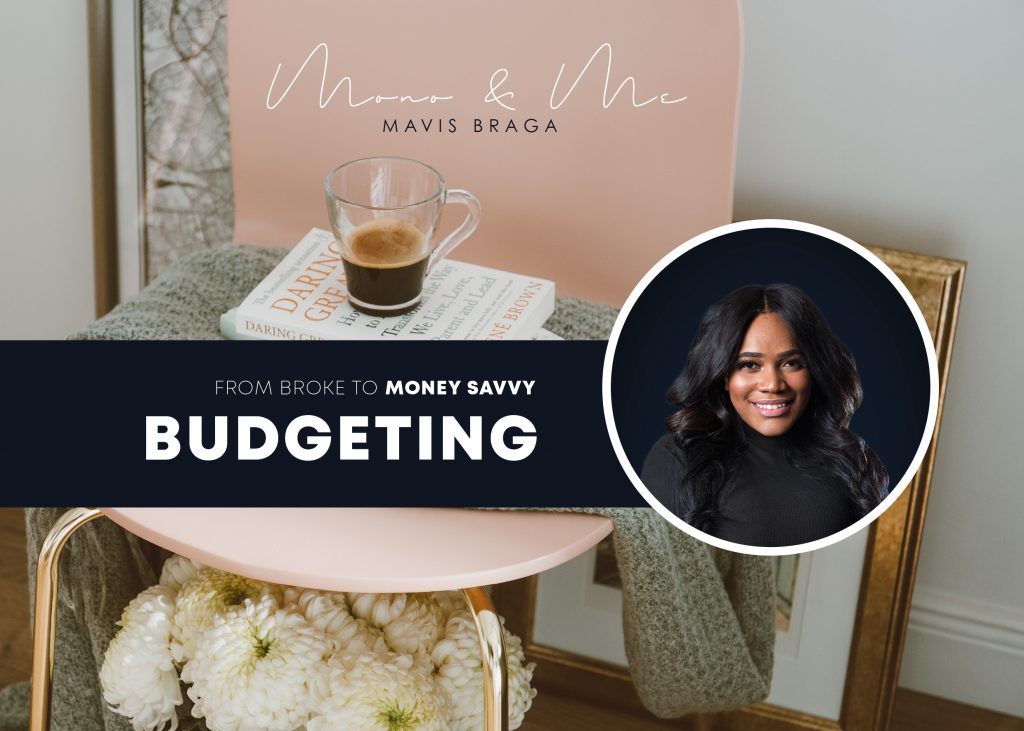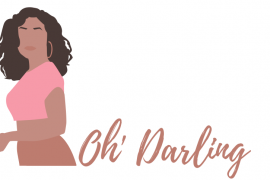Financial Literacy 102 – Budgeting
The idea of getting your finances under wraps can be exhausting. The thought of tracking expenditure, and simply taking care to not over spend. Let’s face it, it is easier to spend than save, it is easier to spend without paying mind than it is to have a set budget that dictates how much you are to spend. However, the truth is, being broke one week after pay day sucks. There is nothing fun about living pay check to pay check and simply being unable to catch a break. It almost feels like what you earn, really ought to double, if not triple at this rate. Here’s a question I was asked that always sets me straight:
If you are unable to navigate and manage your finances with the little you earn, how can you ever be certain that when you earn more that will change?
Financial discipline starts when you earn little, and becomes even stronger the more you earn. Else, you will simply find yourself earning more and spending more, and again feeling like you need a salary increase. Lifestyle inflation comes when you get more expenses, the more you earn. Think about it, there was a time when you could survive off of N$ 2000 and make it good and well to the end of the month when you were a student. For some, even less than that. You made it work, including toiletries, entertainment and clothes. Yet, now you buy Eucerin facial products as opposed to Ponds facial products. They worked well, but now you use Nivea body lotion as opposed to Johnsons. Nothing changed, not your skin, but your bank account increased and now your taste buds have too.
The point is, we need to get to a place where we account for what we spend, and get to a place where we can mitigate expenditure to make it last over the month and still save.
Budgets are the way in which we can track expenditure and plan, because someone who fails to plan, plans to fail.
Budgeting can be fun. This is where you can live out your dreams and honestly gift yourself the things you want.
Activity 2 | refer to previous article for Activity 1
Draw Up a budget
– Your budget has to account for everything, airtime, nails, rent, water, electricity, medical aid, etc. Categorize your expenses, so as to ensure that your fixed expenses are accounted for. This makes it easier looking forward, so that the fixed expenses stay fixed and you have the values that change in variable expenses.
– The reason it is important to have variable expenses is because these change month to month depending what your targets are. Each month you will have targets, these are your wishes. If you want to have a shopping spree, want to buy a car, want to travel etc. You save towards it.
RULE 1: DISCIPLINE
You may not, and I mean NEVER have impulsive buys. In the event that it was not budgeted for, it will NOT be bought. You will have miscellaneous expenditure in your budget, which allows for impulsive purchases which are less than N$ 500. This is accounting for spending more on taxi than anticipated, going out with friends because you had a rough day, going to a concert you did not know about when budgeting etc. One impulsive buy per month, or miscellaneous expenditure as we shall call it, is for treats. Any amount outside of miscellaneous expenditure will have to wait for the next month.
TIP: Draw up a budget where you feel comfortable, it simply has to be where you will track expenses every month. It can be a book, excel sheet, an app etc. The choice is yours. The only mandatory thing is that it be the consistent platform you will budget on monthly. I personally prefer Excel.
This is the most important part of becoming money savvy. We will talk about savings next week. I urge you not to skip this. Take time out and draft a budget for next month. The key is to START.
See you next week, same place as we journey you towards becoming money savvy. You gon be alright.
With Love,
Mavis
Mavis is a Brand Ambassador for @KapiaOptics
Find Mavis on Twitter – @mavisbraga or email me – eliasmavis@gmail.com




